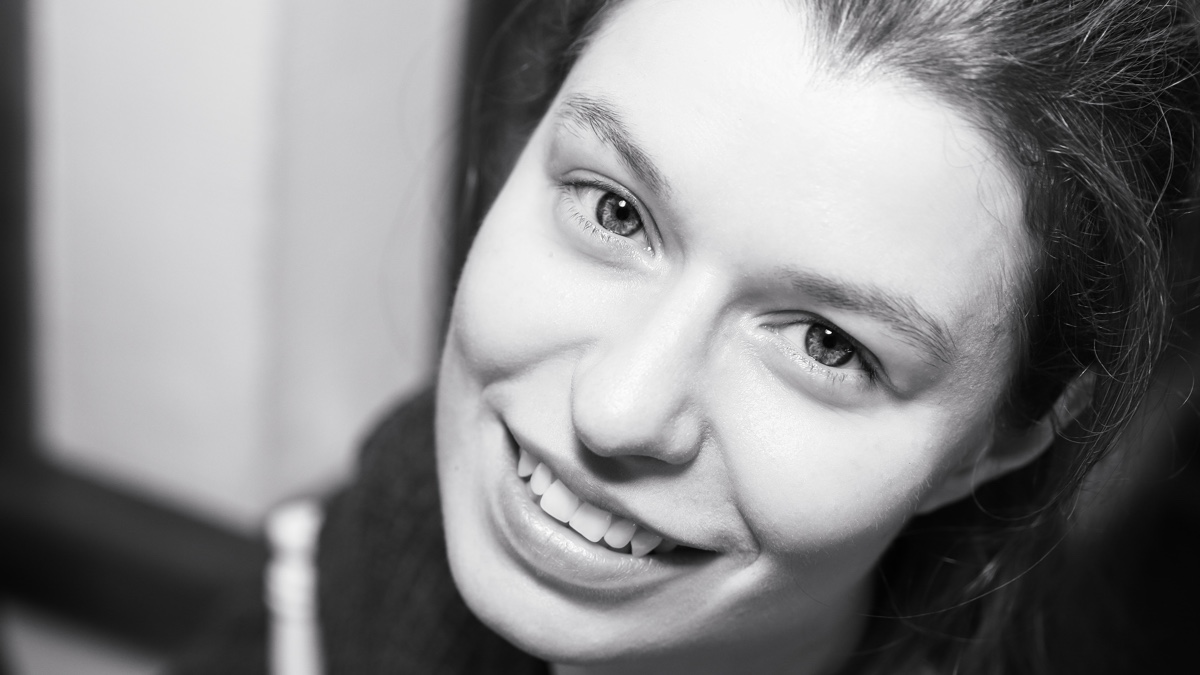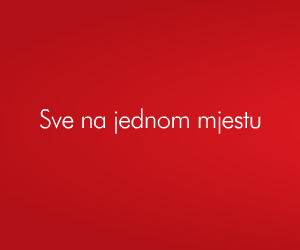
11/10/2022
'Today in Russia it is easy to end up in prison just for a like on social media'
The first feature documentary by Russian director Marusya Syroechkovskaya is so complete and powerful that the place of growing up in Russia becomes almost irrelevant, although the story is, of course, inseparable from the social context. After you have watched it you have the feeling that the director is your friend. In 2005 Marusya was 16 years old and she believed that this would be her last year on Earth. Like many of her peers in Russia, which she bitterly calls the “Federation of depression”, she had inclination for drugs and self-injury. After meeting a young man, Kimi, she spent the next 12 years filming their relationship, and when it disappears, their friendship. The film premiered at the Swiss festival Visions du Réel, after which awards and recognitions have been constantly coming. ‘How to Save a Dead Friend’, a documentary dedicated to an entire silenced generation in the Putin’s Russia, is also in competition at this year's Mediterranean Film Festival, which is an additional reason to talk to Marusya.* First of all, how are you? How do you cope with everyday life and how much does this film, and its festival tour, help you with that?Thank you so much for asking, that is very sweet of you.It is a difficult time. Putin’s army is still in Ukraine, people are being bombed and killed every day, and the repressions inside Russia are growing exponentially.The festival tour helps a lot, it allows discussing the situation in Russia and the consequences of Putin’s playbook to isolate the Russian people for his regime’s benefit. I hope this film can help explain what such isolation from the rest of the world can do to the populace and what it can do to the new generations. Many people approached me after screenings, saying that my film was therapeutic for them and helped them deal with some challenging moments in their lives. Some viewers told me the film helped them better understand their friends going through depression and hard times. It is heart-warming to hear this. And again, about isolation - depression is such an isolating disease! So if my film helps to break this isolation, even for a little while, that’s all I could wish for.
The film is a combination of two things, a personal story and a depiction of society in Russia? How many compromises, censorship did you have to do during editing and how difficult was it to go through it all over again?
Luckily, we weren’t affected by any censorship. We knew from the start that we couldn’t fund this film and didn’t want to fund this film in Russia, we wanted no influence from any Russian state film fund bodies, and we didn’t want any censorship.Going through this story again was painful. But I felt like I had to tell our story. If I didn’t, it would eat me from the inside.
Why did you decide to document everything in the first place, was it the idea to do something like this from the beginning, or did it come over time. Was the idea to make a film?
When Kimi and I were filming, we didn’t know if this footage would become a film someday. We were joking around, shooting our lives, but without any particular idea.Only a couple of years after Kimi passed, I was able to bring myself to rewatch all footage. And I saw that somewhere there is a film. I wanted to save a memory of Kimi; I didn’t want his voice to be lost and gone. I believe you are not gone as long as people remember you.I guess I started to shoot in the first place because I was very depressed as a teenager. I didn't know how to express my feelings, how to communicate with people around me, or how to ask for help. So my camera became the tool for expressing myself, understanding the world, and making sense of it.
Film a tribute to an entire silenced generation?
Tell us more about this.There is a scene in the film where Kimi is in a mental hospital. He talks about the lack of rights and how he is kept in a dependent state on drugs, not feeling any better. There is no point in complaining, as it will only worsen your situation. The only thing left is to stay silent, take all the drugs, and maybe they might let you out at some point. I feel that this scene is a perfect description of what was gradually happening in Russian society during the last 15 years, the time when Kimi and I grew up and formed. Russian society is in apathy, depressed, and in fear. The drugs that our government gives to society are militarization and Russian nationalism.
Given the many censorships, did you manage to show the film in Russia at all and what are the reactions?
We haven't screened the film in Russia, and we are not sure when it will be possible.
How much has the life of young people today changed compared to what you lived in the time of «depressed Russia»?
There are much more repressions now. As a result, the number of political prisoners grew enormously. These days it’s easy to end up in prison for several years just for a repost or a like on social media.
How do you see Russia today?
I see that people are ashamed that no matter what they did in the past, they couldn’t stop Putin and prevent this war. There is fear, shame, and despair in the air.
What is the attitude of young people about the war that is currently being fought?
I cannot talk on behalf of all the young people of Russia, but no one from my friends, acquaintances, or colleagues supported this war or Putin’s regime.
Do you see your future in Russia?
I do. There are so many bright young people in Russia who just want to live peacefully and respect their neighbors. We are still young, and every old dictator eventually dies :)
*Text published in Večernji list


